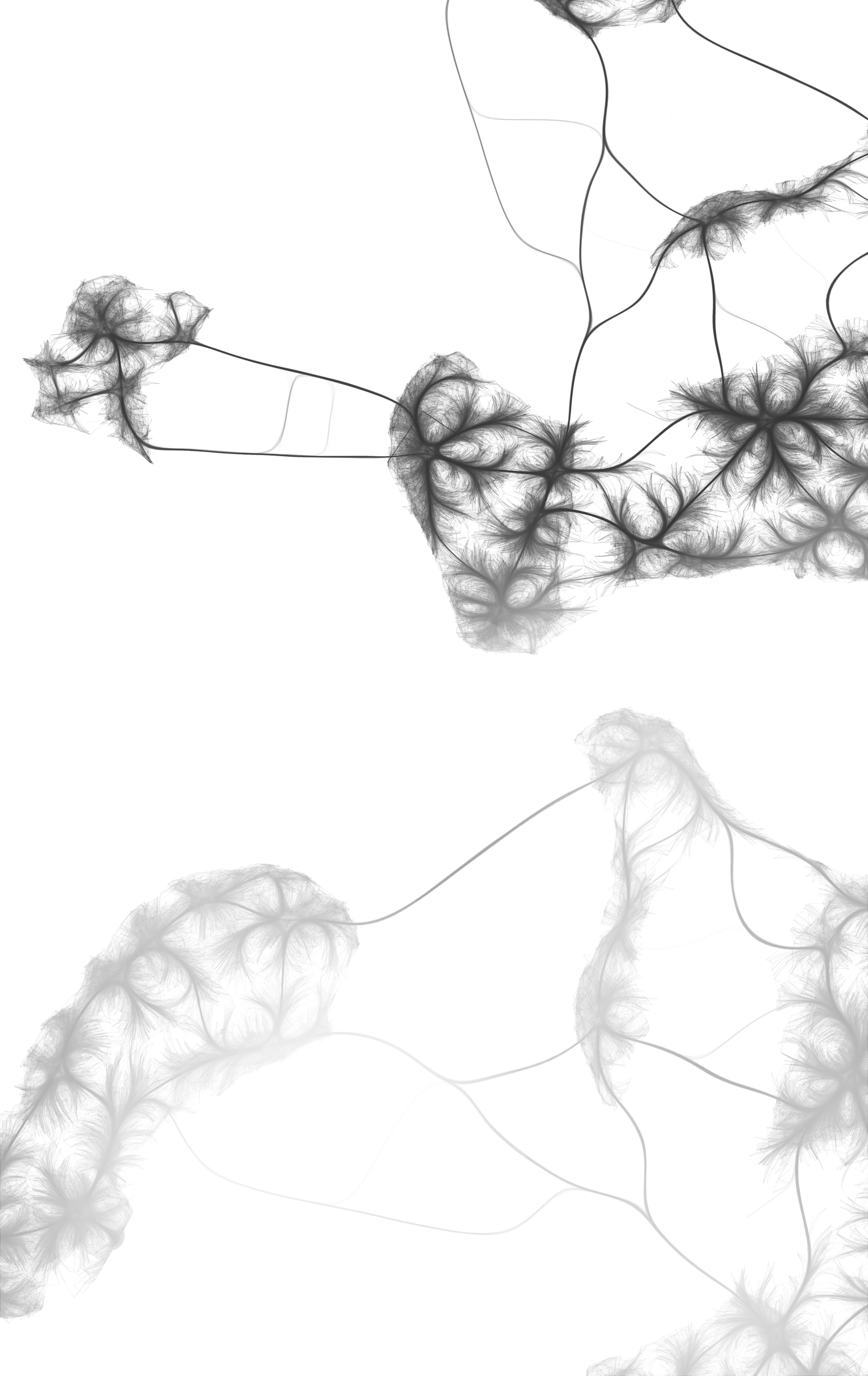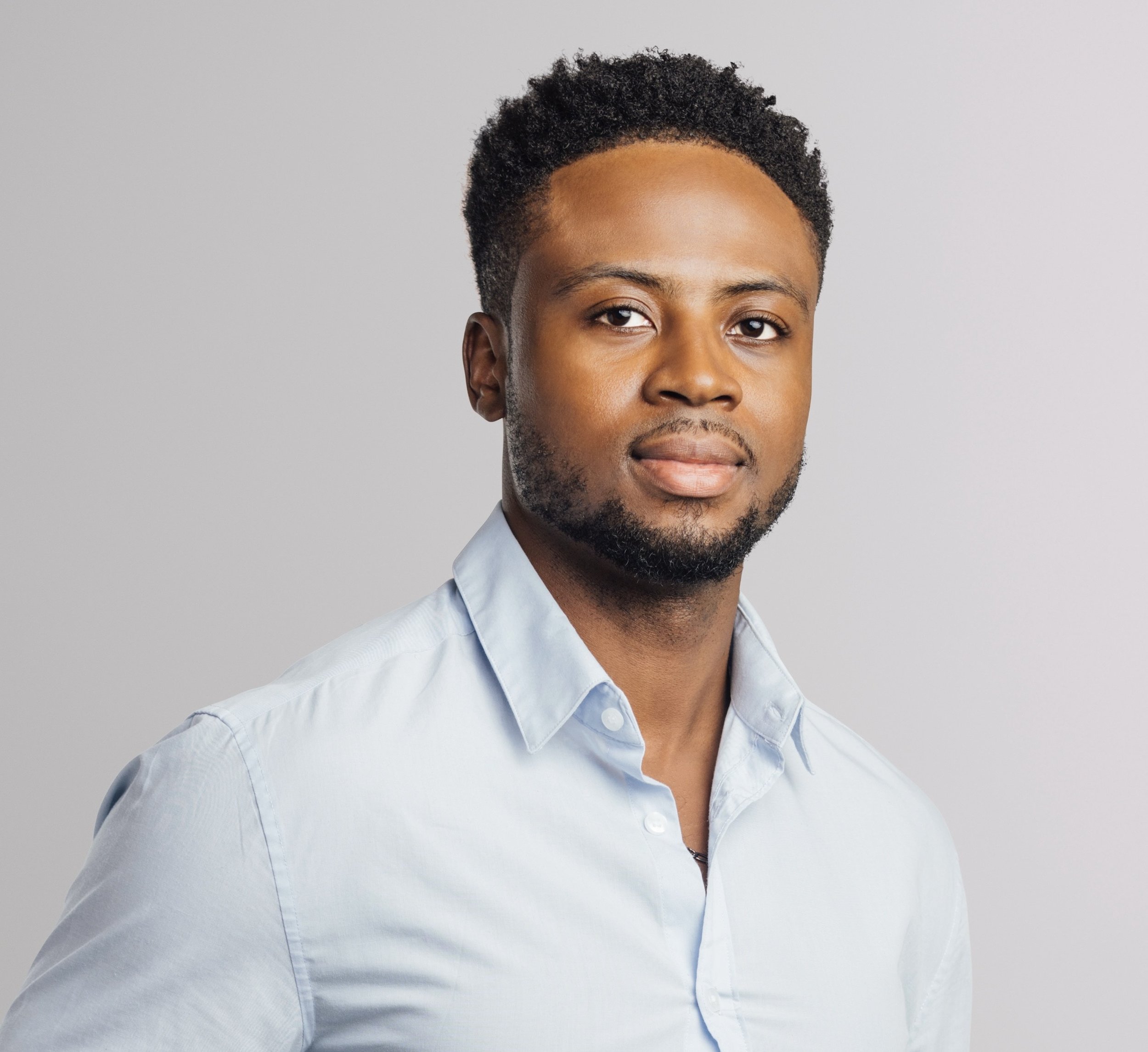
Enabling Forensic
Immunology
We may not know what causes disease, but the immune system does. IMPRINT is developing tools to read and analyze immune memory signatures, providing a new approach to identify hidden causes of chronic disease.
Effective treatment starts
with understanding
Many chronic conditions, including autoimmune diseases, long-COVID, psychiatric disorders, and dementia, remain incurable because we don’t know what causes them. Scientists may not know what causes many chronic diseases—but our immune system does.
The immune system stores a detailed record of all of the immune exposures over our lifetime (infections, allergies, cancers, autoimmunity), including hidden causes of disease. Currently, we can neither read nor decipher this massive, distributed archive. If we could access and translate the immunological record, we could identify unknown causes of chronic disease, leading to new treatments and cures.
Unlocking immune histories
to advance disease treatment
IMPRINT is building experimental and computational immunology tools to reconstruct immune histories from memory B cells and T cells to uncover the causes of cryptic disease. Unlocking and decoding this data will identify new disease mechanisms and therapeutic targets, enabling the development of diagnostics, cures, and treatments.
IMPRINT’s mission is to create forensic immunology research tools that are scalable, cost-efficient, and accessible to the biomedical community.
-

Beck Brachman, PhD
Cofounder & CEO
-
Victor Greiff, PhD
Cofounder & Director of Computational Immunology
-

Raymond Alvarez, PhD
Cofounder & Director of Immunobiology
-

Alvin Meda
Senior Operations Manager
-
Meimei Shan, MD, PhD
Senior Sequencing Scientist
-
Julien Limenitakis, PhD
Senior Computational Immunologist
-
Armen Enikolopov, PhD
Senior Molecular Biology Scientist
-

Philipp Fleig, PhD
Senior ML Scientist
-
Giulio Isacchini, PhD
ML Scientist
-
Isaac Daviet, MS
Research Associate
-

Jiaxing Liu
Senior Research Assistant
-
Chengcheng Fu
Molecular Biology Research Associate
Imprint is a Focused Research Organization.
FROs pursue ambitious milestones within a finite time (usually ~5 years), and produce high-impact public goods to dramatically accelerate progress in key areas of science and technology. They are led by a full-time founding team, and consist of a larger-than-academic-scale team of 10 to 30 (or possibly more) scientists, engineers, and operational staff. FROs execute like the best deep-tech startups: tight-knit, fast-moving, and mission-driven.
Just as startups make it possible to pursue ambitious business ideas outside of large companies, FROs enable individuals outside existing institutions to pursue ambitious, engineering- and operations-intensive, scientific public goods projects. FROs are not intended to be a replacement for any part of the existing scientific ecosystem. And most of the world’s scientific endeavors don’t need to be done via an FRO. But certain important scientific problems require a structure like an FRO to be tackled.
Imprint is supported by Eric and Wendy Schmidt, Convergent Research, the New York City Economic Development Corporation, and Peter Reinhardt.







